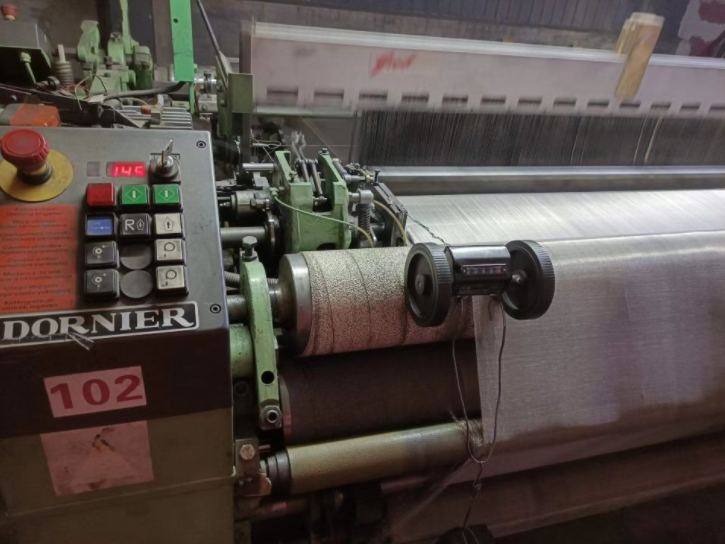In the realm of construction, industrial applications, and various projects, selecting the appropriate materials is a critical decision that can significantly impact the outcome. When it comes to wire mesh, the choice of alloy plays a pivotal role in determining the material's performance, durability, and suitability for the task at hand. This article aims to guide you through the process of choosing the correct wire mesh alloy for your project, taking into consideration factors that influence the selection.
Wire mesh is available in a variety of alloys, each with its unique set of properties and characteristics. The right alloy choice hinges on the specific requirements of your project, considering factors such as corrosion resistance, strength, thermal conductivity, and more.
Environmental conditions are a crucial aspect to consider when selecting a wire mesh alloy. If your project is situated in a corrosive or chemically aggressive environment, choosing an alloy with high corrosion resistance is imperative. Stainless steel alloys, particularly those with high levels of chromium and nickel, are renowned for their exceptional corrosion resistance.
The mechanical properties of wire mesh alloys directly influence their suitability for different applications. If your project involves load-bearing structures, you'll want to opt for an alloy that offers the required strength and structural integrity. In applications where flexibility is essential, considering alloys with lower tensile strength may be more suitable.

The operating temperature of your project is another critical factor to consider. Different alloys exhibit varying levels of thermal conductivity and resistance to high temperatures. For projects involving extreme heat, nickel-based alloys are often preferred due to their ability to withstand elevated temperatures without losing their mechanical properties.
If your project entails exposure to specific chemicals or substances, the chemical compatibility of the chosen alloy becomes paramount. Certain alloys may react unfavorably to certain chemicals, leading to degradation and potential failure. Consulting with experts in materials science can help you identify the most suitable alloy for your chemical environment.
Budget constraints often influence material choices. While some alloys may offer superior properties, they can also come at a higher cost. It's essential to strike a balance between the desired characteristics of the wire mesh and the project's financial considerations.
When in doubt, it's always wise to consult with experts in metallurgy, materials engineering, or industry professionals. They can offer valuable insights into which wire mesh alloy aligns best with your project's requirements. Experts can provide information on the alloy's mechanical properties, corrosion resistance, and other essential aspects that might not be immediately apparent.
Exploring case studies and industry practices related to similar projects can provide valuable guidance in alloy selection. Learning from the experiences of others who have faced similar challenges can help you make a well-informed decision.
The process of selecting the correct wire mesh alloy for your project requires careful consideration of various factors, from environmental conditions to mechanical properties, chemical compatibility, and budget constraints. Each alloy offers a unique combination of properties that can cater to specific project needs. By thoroughly evaluating these factors and seeking expert advice when necessary, you can ensure that your chosen wire mesh alloy aligns with your project's goals, ensuring optimal performance and longevity.
If you want to know more information about Wire Mesh Alloy, explore [The Insider's Views].
Copyright © Hebei Jiushen Wire Weaving Co., Ltd. All Rights Reserved. |
Sitemap
| Technical Support:
